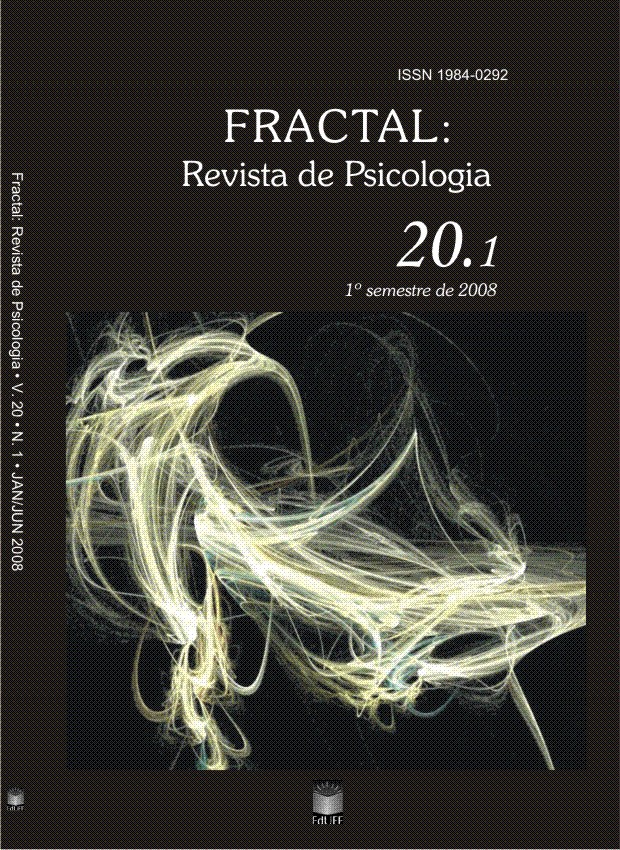Externality and materiality as themes in the history of the human sciences
Palavras-chave:
Materiality, Cartesian dualism, Ecological perspectiveResumo
This article presents and discusses some attempts to overcome the “Cartesian” dualism of “mind versus matter” and “interior versus exterior”, in particular the attempts of anthropologist Tim Ingold in his book “The Perception of the Environment” (2000). Central to Ingold’s argument is a shift in focus from structure to process (temporality), from design to growth, from the organism in a context to organism and environment as co-evolutionary and co-constitutive entities. Ingold builds on ecological thinking (Bateson and Gibson) and phenomenology (Merleau-Ponty and Heidegger). This article characterises Ingold’s position as a neo-romantic reaction to the “linguistic turn” in the human sciences and the “genetic turn” in biology and compares his position to historical romanticism.Downloads
Downloads
Publicado
Edição
Seção
Licença
Autores que publicam nesta revista concordam com os seguintes termos:
- Autores mantém os direitos autorais e concedem à revista o direito de primeira publicação, com o trabalho simultaneamente licenciado sob a Creative Commons Attribution License que permitindo o compartilhamento do trabalho com reconhecimento da autoria do trabalho e publicação inicial nesta revista.
- Autores têm autorização para assumir contratos adicionais separadamente, para distribuição não-exclusiva da versão do trabalho publicada nesta revista (ex.: publicar em repositório institucional ou como capítulo de livro), com reconhecimento de autoria e publicação inicial nesta revista.

This work is licensed under a Creative Commons Attribution 4.0 International License.

Na medida do possível segundo a lei, a Fractal: Revista de Psicologia renunciou a todos os direitos autorais e direitos conexos às Listas de referência em artigos de pesquisa. Este trabalho é publicado em: Brasil.
To the extent possible under law, Fractal: Revista de Psicologia has waived all copyright and related or neighboring rights to Reference lists in research articles. This work is published from: Brasil.



